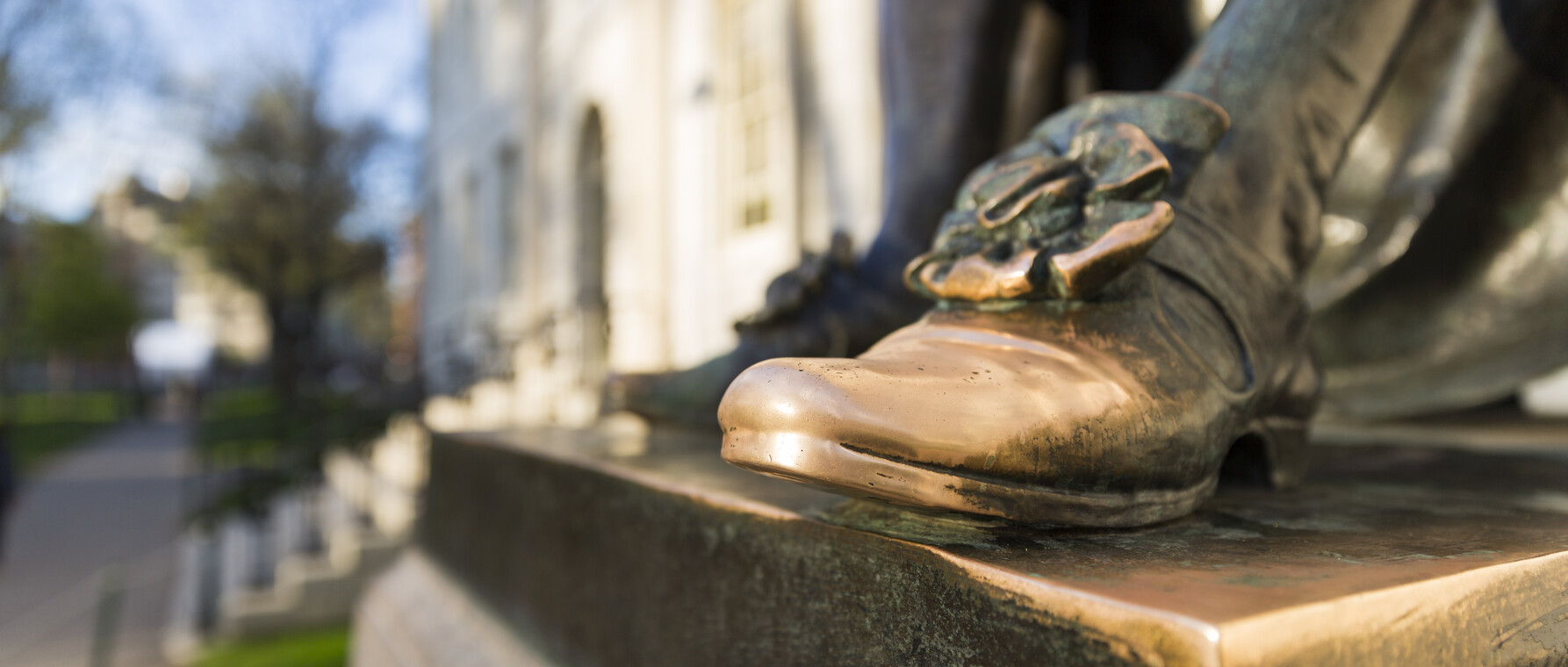Here we are again at the cusp of a new semester. Research beckons; library, lab, and coffee shop await. We’ve finicked with our syllabi, jotted down first meetings, and brainstormed goals, however inchoate, that we hope to have accomplished before the semester ends. Some of us are running through these exercises as first-time graduate students. But even for those of us with a few years under our belts, this transition period often serves as a time to recur to old routines.
I am presently in a transition of my own, one that has involved a big move to start a new position. I prepared for this transition much in the way that many of us prepare for the new school year: extensive planning. I took stock of every object I owned down to the brush used to clean the coffee grinder. I blocked out every day in Google calendar, trying to find a balance between setting up a new home and getting work done. Not only was the act of planning exhausting, but when the move actually happened, those plans inevitably changed or fell through. When the smoothest phase of your move is the six-hour cross-country flight spent tending to two anxious, crying cats, you have every right to be frustrated at your best laid plans.
For graduate students and young career academics, trying to navigate the new year without planning can be disastrous. But planning can also become a defense mechanism, a way of convincing ourselves that we have control over matters that are in fact controlled by luck, are stacked against us, or are simply unjust (exhibit A: the academic job market). To plan is to say confidently, “If nothing else, I control my time”—even as the semester often ends up proving otherwise.
In the wake of my exhausting move—and owing to the advice of some really good friends—I have been trying to treat the remainder of my transition by embracing it as a transition rather than as conflict that I can schedule out of existence. That means letting habits form themselves organically and without all kinds of pre-thought. It means allowing that dinner plan to materialize on its own (and not pre-planning the walking route in Google maps). It means throwing in a mid-morning walk, or a visit to the coffee shop, whenever it feels right to do so.
By actually embracing the transition, I feel something I’m not used to feeling at this time of year: calm. Embracing the transition means embracing uncertainty—no small ask for those of us whose futures are uncertain. It means treating one’s days with a kind of plasticity before those days rigidify into routine. But when you learn to embrace the uncertainty of the transition, you open yourself up to new places, new experiences, and indeed new habits. You learn, in other words, how to check the power of those uncertainties over which you have little or no control. I don’t mean to suggest that you should throw out the planner, but the planner is not your life and need not dictate your routine.
Welcome to the new year, graduate students new and old, and I wish you well as you make the unfamiliar your own.
Photo by Anibal Martel





